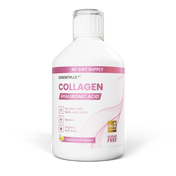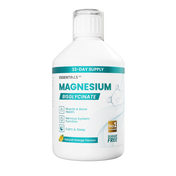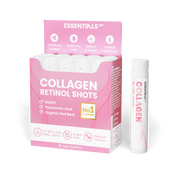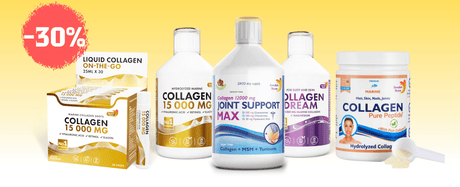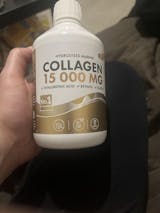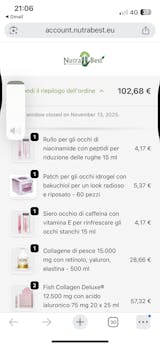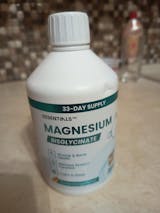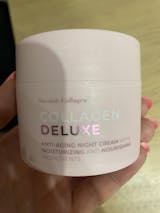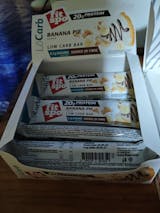What is Collagen?
Collagen is a type of protein that is the most abundant in your body. It's found in your bones, skin, tendons, ligaments, cartilage, and blood vessels. Collagen is responsible for providing structure and support to these tissues, giving them strength and flexibility. Think of it like the glue that holds everything together.
The Importance of Collagen
As we age, our body's natural collagen production declines. This can lead to a number of changes, including:
- Wrinkles and fine lines: Collagen helps keep skin firm and elastic. As collagen levels decrease, skin loses its ability to bounce back, leading to wrinkles and fine lines.
- Joint pain: Collagen is a key component of cartilage, which cushions and protects joints. Decreased collagen levels can lead to cartilage breakdown and joint pain.
- Bone weakness: Collagen is essential for bone strength and density. Reduced collagen levels can increase the risk of osteoporosis and fractures.
- Hair and nail thinning: Collagen contributes to the health and strength of hair and nails.
Boosting Collagen Levels
While we can't stop the natural aging process, there are steps we can take to support collagen production and maintain its levels:
1. Diet
Eating a diet rich in collagen-boosting foods can help support collagen production. Here are some examples:
- Bone-in meats: Chicken, beef, and pork bones are rich in collagen.
- Fish: Salmon, tuna, and cod contain collagen and omega-3 fatty acids, which support skin health.
- Eggs: Eggs are a good source of protein and contain collagen.
- Leafy green vegetables: Spinach, kale, and collard greens provide vitamin C, which is essential for collagen synthesis.
- Citrus fruits: Oranges, lemons, and grapefruits are rich in vitamin C.
2. Supplements
Collagen supplements are widely available and can be a convenient way to increase your collagen intake. Look for hydrolyzed collagen, which is easier for the body to absorb.
3. Skincare
Topical collagen products can help improve skin elasticity and reduce the appearance of wrinkles. Look for products containing collagen peptides or other ingredients that stimulate collagen production.
4. Lifestyle Factors
- Sun protection: UV rays can damage collagen and accelerate aging.
- Quit smoking: Smoking depletes collagen levels and can contribute to wrinkles.
- Exercise: Regular physical activity can stimulate collagen production.
- Sleep: Getting enough sleep is crucial for overall health, including collagen production.
Conclusion
Collagen is a vital protein that plays a critical role in maintaining our health and appearance. By making informed choices about our diet, supplements, skincare, and lifestyle, we can support collagen production and keep our bodies strong and youthful.




